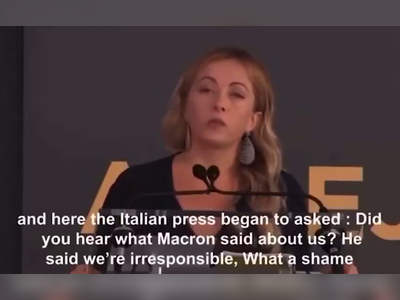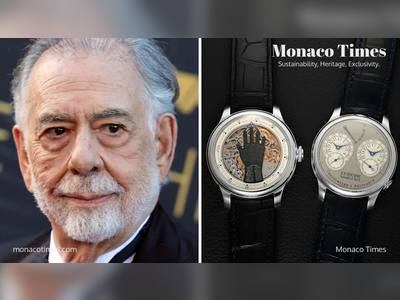Nicolas Sarkozy begins five-year prison term at La Santé in Paris
Former French President Nicolas Sarkozy becomes the first post-war French head of state to enter prison after being convicted of criminal conspiracy over 2007 campaign funding from Libya.
Nicolas Sarkozy on Tuesday began serving a five-year prison sentence at Paris’s La Santé prison following his conviction for criminal conspiracy linked to alleged Libyan financing of his 2007 presidential campaign.
At age seventy, he is the first former French president to be incarcerated since World War II, marking a dramatic turn in French politics and justice.
Sarkozy was found guilty on September 25 2025, and the court ordered the sentence be executed immediately even as his appeal proceeds.
He left his Paris home flanked by his wife, Carla Bruni-Sarkozy, and greeted supporters, before being admitted under tight security.
He has been placed in isolation for safety reasons and is restricted to a small cell.
He has consistently denied wrongdoing, describing the verdict as an injustice and maintaining that he obtained no personal enrichment in the case.
His legal team has already filed for provisional release, a process that could take several weeks to decide.
His imprisonment has stirred debate across France.
President Emmanuel Macron and Justice Minister Gérald Darmanin have expressed institutional concerns, while some lawmakers warned that immediate incarceration ahead of full appeals may challenge the perception of judicial impartiality.
Meanwhile public opinion is divided, with polls showing a majority view the sentence as justified but a significant minority perceiving it as politically motivated.
The case centres on allegations that Sarkozy and aides solicited millions of euros from the late Libyan leader Muammar Gaddafi’s regime in exchange for diplomatic favours.
Though he was cleared of personal corruption in this trial, the court found his role in the conspiracy sufficiently serious to warrant immediate custody.
As Sarkozy enters prison, attention shifts to the appeal, his influence within conservative circles and the precedent set by his jailing for political accountability in France.
At age seventy, he is the first former French president to be incarcerated since World War II, marking a dramatic turn in French politics and justice.
Sarkozy was found guilty on September 25 2025, and the court ordered the sentence be executed immediately even as his appeal proceeds.
He left his Paris home flanked by his wife, Carla Bruni-Sarkozy, and greeted supporters, before being admitted under tight security.
He has been placed in isolation for safety reasons and is restricted to a small cell.
He has consistently denied wrongdoing, describing the verdict as an injustice and maintaining that he obtained no personal enrichment in the case.
His legal team has already filed for provisional release, a process that could take several weeks to decide.
His imprisonment has stirred debate across France.
President Emmanuel Macron and Justice Minister Gérald Darmanin have expressed institutional concerns, while some lawmakers warned that immediate incarceration ahead of full appeals may challenge the perception of judicial impartiality.
Meanwhile public opinion is divided, with polls showing a majority view the sentence as justified but a significant minority perceiving it as politically motivated.
The case centres on allegations that Sarkozy and aides solicited millions of euros from the late Libyan leader Muammar Gaddafi’s regime in exchange for diplomatic favours.
Though he was cleared of personal corruption in this trial, the court found his role in the conspiracy sufficiently serious to warrant immediate custody.
As Sarkozy enters prison, attention shifts to the appeal, his influence within conservative circles and the precedent set by his jailing for political accountability in France.









